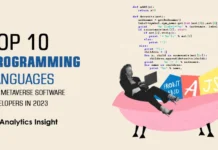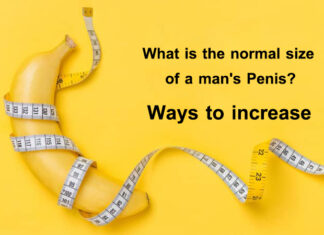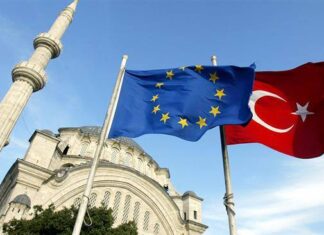When you live in a multinational community like Australia, you are more likely to encounter people with different religious and cultural beliefs. Familiarity and respect for people with different cultural and linguistic backgrounds is of particular importance, which leads to an integrated society. Fasting is one of the customs that is common in different religions in different forms. In this program, we examine the effects of fasting on human health.
There are different forms of fasting in different religions and philosophies, including Christianity, Islam and Hinduism. Fasters, depending on their religious precepts, sometimes abstain from eating altogether, or eat lighter, lower-calorie foods.
Diana Abdul Rahman says that Ramadan is the time when Muslims reconcile themselves with God and their religion, and believes that fasting is beneficial for the human body, mind and soul.
Dr. Veronica Chachi, a nutritionist and researcher at the University of Queensland, says avoiding eating for a short time can have benefits for the body because it stimulates cellular resistance, which in turn produces detoxifying enzymes in the body.
Jews also abstain from eating and drinking, even drinking water, when fasting, as Muslims do, although the benefits of not drinking water have not been proven. According to Dr. Chachi, drinking water removes toxins from the body and is beneficial for humans. He also says that when people fast, a process called “autophagy” or abstinence occurs that affects many tissues and organs. In this process, the cell is actually recycled and a kind of automatic cleansing is done by reducing toxins in the body and increasing the ability to excrete toxins.
Dr. Chachi goes on to say that after a person breaks his fast, the cells absorb the nutrients better because they do not get the food for a while and then receive it all at once and get the best benefit from it. They take.
Dr. Chachi emphasizes the need for healthy nutrition and not consuming too much sugar. According to him, sugars can increase the body’s insulin level all at once and even cause insulin resistance in the body over time. This is very harmful to humans.
In some other cultures and religions, however, fasting does not mean abstaining from eating and drinking altogether, but they abstain from eating certain foods for a certain period of time. In Hinduism, for example, fasting can range from light restrictions to large abstinences. Although in this religion, fasting is not considered a duty, but it is a moral and spiritual action with the aim of purifying the soul and body.
Catholics, however, refuse to eat meat on Fridays during Lent. The “fasting day” is the six weeks leading up to Easter.
Greek Orthodox, on the other hand, abstain from eating dairy products, eggs, meat, and sometimes olive oil and fish for one hundred and eighty to two hundred days a year.
Dr. Chachi says this type of fasting falls into the category of calorie restricted diet. Modern diets are based on optimal calorie-restricted nutrition that people can take to improve their health and delay aging. In fact, this process causes fat burning in the tissues by applying a small amount of stress to the body. This type of fasting or diet is more beneficial to humans than the complete avoidance of eating due to less gene stimulation.
The “Five Two” diet is another popular diet in which a person must consume less than five hundred calories a day two non-consecutive days a week.
Another knowledge-based diet is called the “fasting diet” and is based on the instructions of Dr. Walter Lango. Dr. Chachi says this type of fasting helps regulate hormones and regenerates cells. In this diet, you do not need to completely stop consuming calories, but two or three times a year for five days each time, by halving your calorie intake and protein intake, you can enjoy the benefits of this diet.
Dr. Chachi does not recommend fasting for people who are underweight or have underlying diseases.
Adama Kenda, imam of the Cambra Islamic Center, says Islam does not expect children, the sick, travelers and pregnant women to fast.
Health experts emphasize the need to have a balanced diet and consult with a GP or nutritionist before making any changes in eating habits.

























































